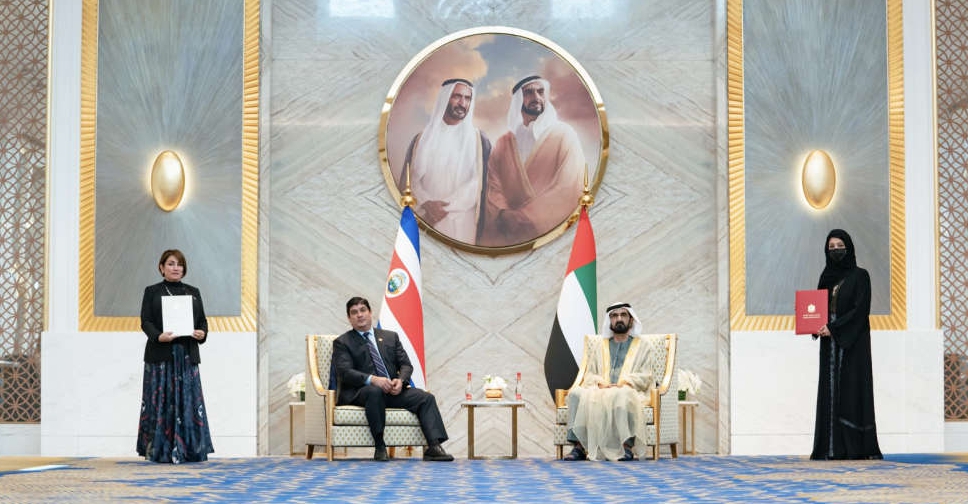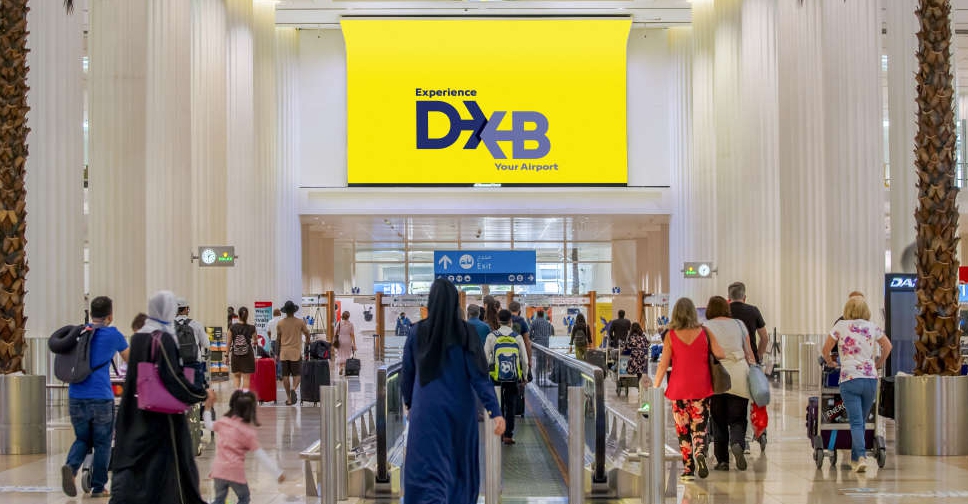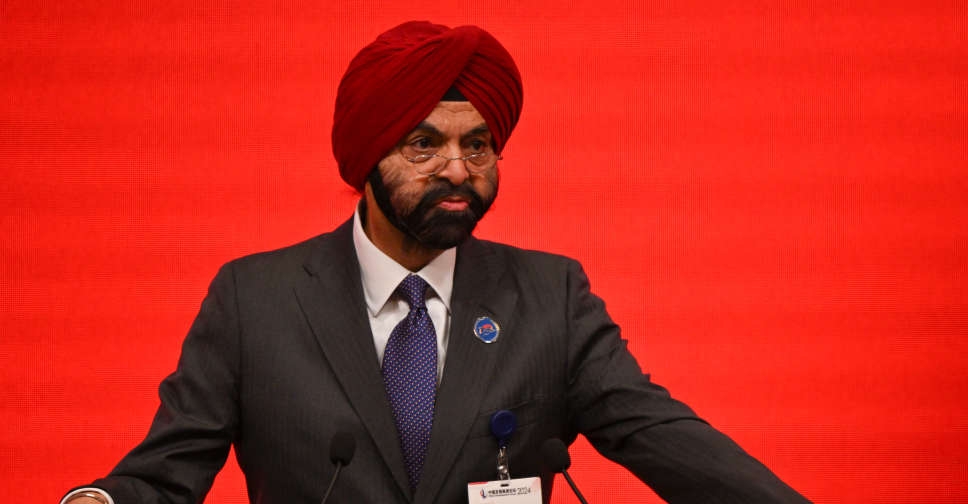
His Highness Sheikh Mohammed bin Rashid Al Maktoum, Vice President, Prime Minister of the UAE and Ruler of Dubai, met Carlos Quesada, the President of Costa Rica, at EXPO 2020 Dubai.
Several agreements were signed between the two countries in sectors including economic and technical, to promote entrepreneurship, sustainability and environment conservation, as well as the exchange of knowledge and expertise between the two nations.
Subsequently, Emirates chairman and CEO, Sheikh Ahmed bin Saeed Al Maktoum, met with the Costa-Rican official to discuss an expansion in routes and flight options.
As a part of this visit, Sheikh Ahmed revealed that Emirates is in conversation with Avianca for a codeshare agreement.
"Emirates will soon be able to offer our customers connections to Costa Rica via Bogota from more airports including European points such as Barcelona, Madrid and London," said a tweet from the chairman.
It will also allow flights to Costa Rica from the carrier's gateways in US and Mexico.
تركز طيران الإمارات، منذ أطلقت أول خدمة من دون توقف بين دبي والأميركتين في عام 2004، على توسيع روابط النقل الجوي التي تعتبر أساسيةً لبناء علاقات تجارية وسياحية أقوى. pic.twitter.com/fvVCfFCPl1
— HH Sheikh Ahmed bin Saeed Al Maktoum (@HHAhmedBinSaeed) December 7, 2021



 DXB remains world's busiest international airport
DXB remains world's busiest international airport
 Apple loses top phonemaker spot to Samsung
Apple loses top phonemaker spot to Samsung
 World Bank chief pushes internal reforms at spring meetings
World Bank chief pushes internal reforms at spring meetings
 OPEC sees robust summer oil demand
OPEC sees robust summer oil demand



